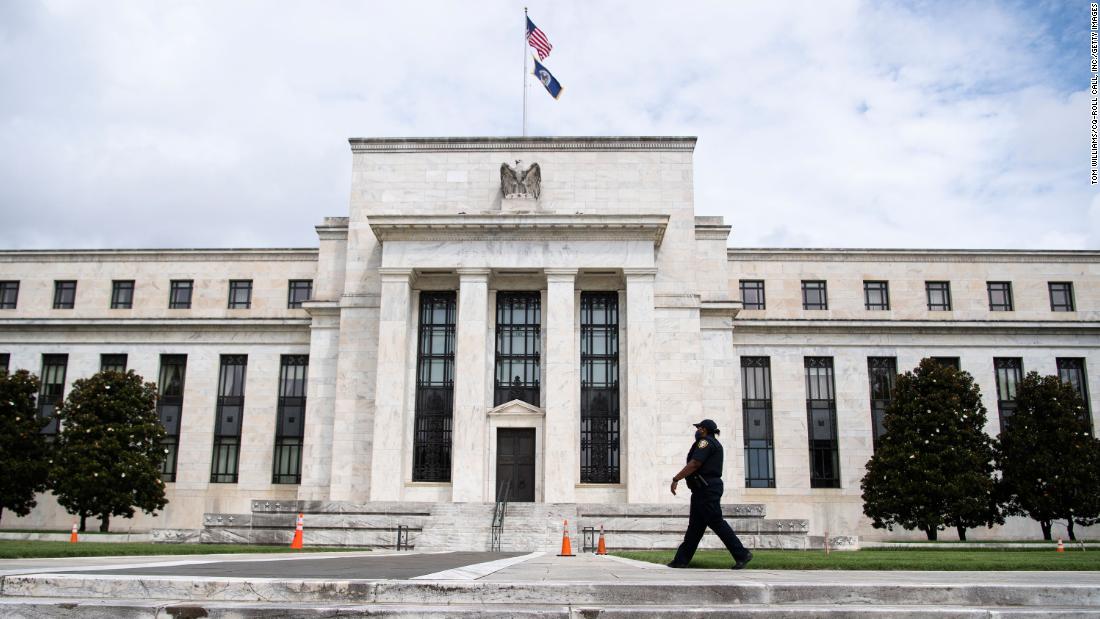
The Russia-Ukraine war may be the most sprawling, multi-front conflict in history. There’s brutal fighting on the ground, of course, and also in social media and in cyberspace. And a another new front has been opened in the financial sector, where an allied group of countries are throwing haymakers at Russia’s economy, with the goal of crippling Russia’s ability to sustain the conflict.
The current set of financial sanctions that have been brought to bear against Russia may be the most sophisticated and extensive in history. A group of countries that include the United States, the European Union, the United Kingdom and Canada have cut off Russian banks from SWIFT, a global financial messaging service. Even the historically ever-neutral Swiss have joined in the sanctions and frozen Russian assets. The U.S. also banned U.S. dollar transactions with the Russian central bank. The overall goal is to prevent the Russian central bank from accessing the reserves Vladimir Putin was expecting it would be able to tap to finance the conflict.
We’ve come to expect economic sanctions to take a while to work, but that hasn’t been the case here. The assembled sanctions caused an immediate drop in the value of the Russian ruble, as shown in the chart above that shows its value against the dollar. You don’t need to be a financial whiz kid to recognize that any data that shows the value of a nation’s currency tumbling off a cliff isn’t good news for that country. A ruble is now worth less than a penny. The sanctions also caused a run on the banks by everyday Russians who are afraid the purchasing power of their savings will vanish as the ruble crashes and inflation takes hold. And the sanctions also caused Russia’s central bank to raise interest rates and halt any trading on the Moscow stock exchange, which also aren’t positive signs for the Russian economy.
Financial sanctions can be effective against some countries, but not so much against others. Countries without advanced economies, or that are willing to become pariah states like North Korea, or that have secret benefactors that might help them skirt sanctions are better equipped to withstand the impact. Russia doesn’t really fit into any of those categories. In fact, the prompt and devastating impact of the sanctions is causing some people to wonder whether they might be too effective, and back Putin into a corner that might cause him to entertain doing the unthinkable and escalating the conflict to a nuclear stage. We’ll have to hope that other, rational forces in Russia prevent that.
Unfortunately, the sanctions will cause the most pain for the ordinary Russians, who had nothing to do with the decision to invade Ukraine–but one of the ultimate political goals in any war is to crush the resolve of the enemy population so it will sue for peace. That’s what the allied fighters on the financial front are hoping to achieve.


 “Debt bondage”? That’s a good one! Try it on your bank the next time your mortgage or car payment comes due.
“Debt bondage”? That’s a good one! Try it on your bank the next time your mortgage or car payment comes due.